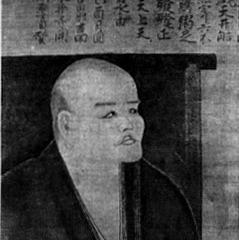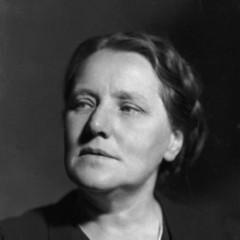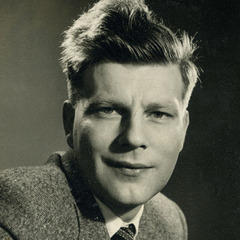Immanuel Kant Quotes - Page 10
Immanuel Kant (2016). “Delphi Collected Works of Immanuel Kant (Illustrated)”, p.1468, Delphi Classics
Immanuel Kant (1960). “Religion Within the Limits of Reason Alone”
Carl Joachim Friedrich, Immanuel Kant (1969). “Inevitable peace”, Greenwood Pub Group
Immanuel Kant (1970). “The essential Kant”, Signet
"Perpetual Peace: A Philosophical Sketch". Book by Immanuel Kant, 1795.
Immanuel Kant (2015). “The Critique of Judgment: Theory of the Aesthetic Judgment and Theory of the Teleological Judgment: Critique of the Power of Judgment from the Author of Critique of Pure Reason, Critique of Practical Reason, Fundamental Principles of the Metaphysics of Morals & Dreams of a Spirit-Seer”, p.170, e-artnow
Immanuel Kant (1836). “The Metaphysic of Ethics”, p.202
Immanuel Kant (2016). “The Critique of Judgement”, p.91, Jester House Publishing
Immanuel Kant (1900). “Kant's cosmogony as in his essay on the retardation of the rotation of the earth and his Natural history and theory of the heavens: With introduction, appendices, and a portrait of Thomas Wright of Durham”
Freedom is the alone unoriginated birthright of man, and belongs to him by force of his humanity.
Immanuel Kant (1836). “The Metaphysic of Ethics”, p.202
From such crooked wood as that which man is made of, nothing straight can be fashioned.
"Idea for a General History with a Cosmopolitan Purpose" by Immanuel Kant, (Proposition 6), 1784.
Immanuel Kant (1881). “Critique of Pure Reason”
"Critique of Practical Reason" (1788), translated in "The Cambridge Companion to Kant" by Paul Guyer, (p. 1), January 31, 1992.
Immanuel Kant (2013). “Immanuel Kant's Critique Of Pure Reason”, p.329, Read Books Ltd
Immanuel Kant (2015). “THE THREE CRITIQUES: The Critique of Pure Reason, The Critique of Practical Reason & The Critique of Judgment: The Base Plan for Transcendental Philosophy, The Theory of Moral Reasoning and The Critiques of Aesthetic and Teleological Judgment”, p.936, e-artnow
"Critique of Pure Reason" by Immanuel Kant, (B 730), (1781; 1787).







